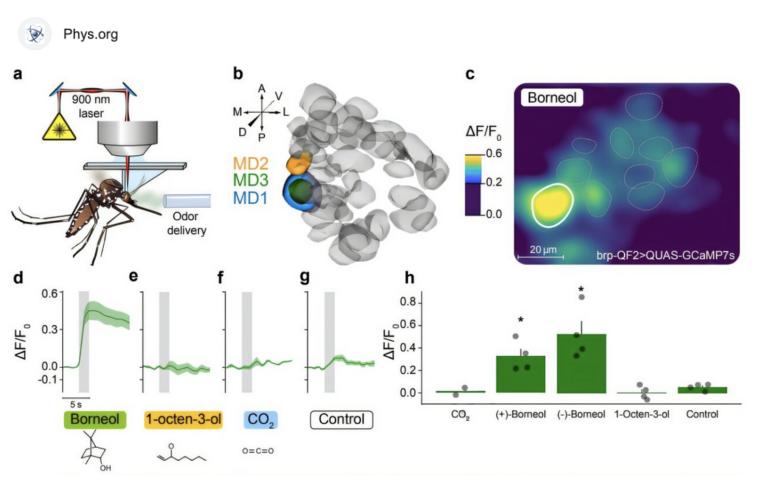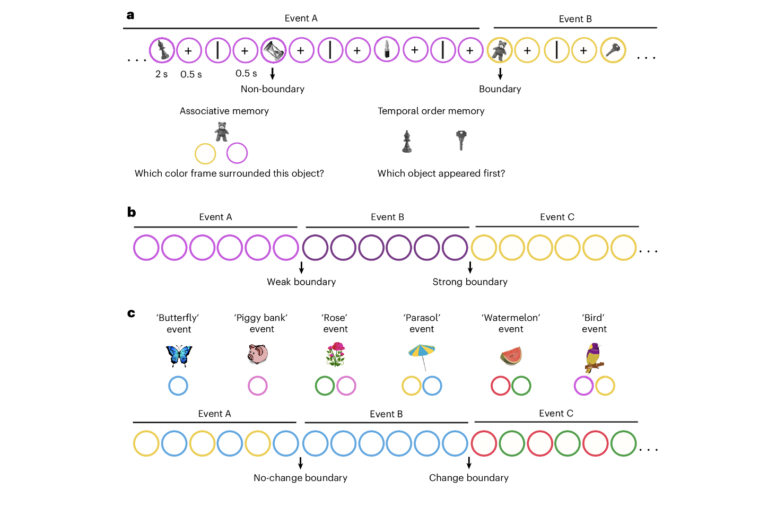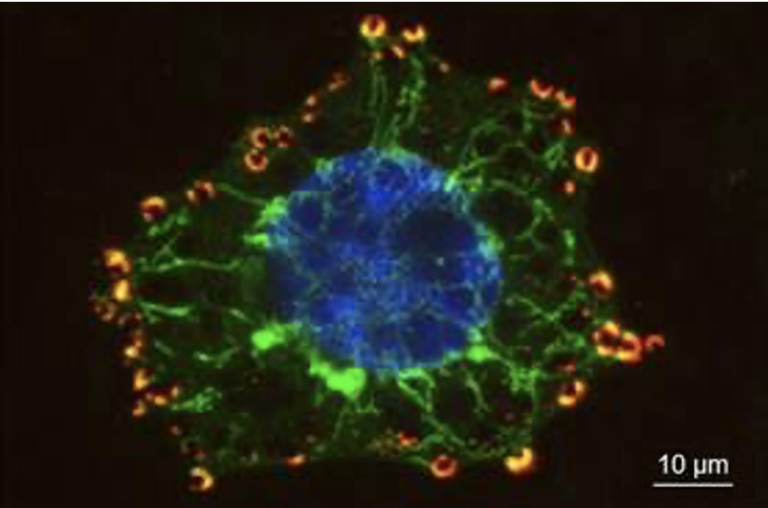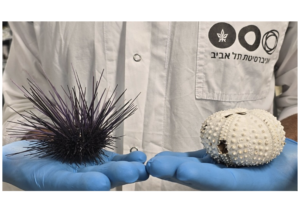Life sciences: Innovation prize, Oct. 3-4th 2016, Paris : israeli companies invited to apply before April 30th !

For 8 years, the Innovation Prize rewards project holders in the field of Healthcare (Biotech, Medtech, E-Health). Open to young start-ups (< 8 years old) and academic laboratories, this competition became a main Life Science event, involving 34 countries and 289 participants in 2015.
THE BEST SOLUTIONS FOR THE PATIENT HEALTH OF TOMORROW
Innovation Prize, at the heart of Innovation Days Event: it gathers since 2009 the most
cutting edge starts up and the best research academic groups, developing a project in the
biotechnology sector.
End of call for proposal: April 30th 2016
The Jury includes several major Healthcare companies, pharmaceutical laboratories, biotechnology societies, and public institutions together with a law firm specialized in intellectual property. They will evaluate the submitted projects following these 5 criteria:
• The scientific quality of the innovation
• Intellectual property strategy
• The quality of human resources
• The project feasibility
• The chances of success on the market
The most promising projects will be selected after 3 evaluation rounds from May to October. Among them, the two most innovative will be awarded during the 7th edition of the Innovation Days, on October the 3rd and 4th at the Maison de la Chimie in Paris.
The Innovation Prize 2016 allows participants to:
• Win up-to €30 000 including financial dotation and consulting services
• Increase their visibility in the Life Science market field
• Have their project evaluated by experts
• Optimize their Business Plan
THE 2 WINNERS OF INNOVATION PRIZE 2015
Pixium Vision: This French SME develops innovative Vision Restoration Systems (VRS) that aims to significantly improve the independence, mobility and quality of life of patients who have lost their sight. Pixium Vision’s VRS are associated with a surgical intervention as well as a rehabilitation period. Vision Restoration Systems are intended to replace the normal physiological functions of the eye’s photoreceptor cells by electrically stimulating the nerve cells of the inner retina, which then transmit the visual information to the brain via the optic nerve.
Procyrion: At 6mm in diameter, the Aortix device is narrower than a common pencil, and is delivered via a catheter in a minimally invasive outpatient procedure that takes about
ten minutes to complete. The device features anchors that expand and grab onto the wall of the aorta, but that do not impede the blood flow created by the heart. Instead of taking over the heart’s function, the Aortix pump assists the heart and helps blood perfuse the end organs, easing the cardiac muscular efforts.
Information:
Anne-Sophie Cohen, Communication Manager – anne-sophie.cohen@universalmedica.com
+33 (0)1 41 12 28 57
Aurélia Ringard, Business Development Manager – aurelia.ringard@universalmedica.com
+33 (0)1 41 12 27 71
Carmen Ballestra, Event Manager – carmen.ballestra@universalmedica.com
+33 (0)1 41 12 27 85






